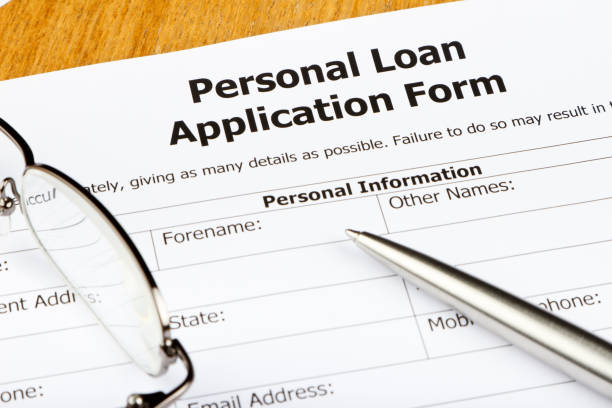For homeowners, tapping into the equity built up in their homes can provide a valuable source of funds for various purposes, from home improvements to debt consolidation to funding major expenses. One common way to access home equity is through a second mortgage, also known as a home equity loan or a home equity line of credit (HELOC). However, borrowing against your home equity is a significant financial decision that requires careful consideration. In this comprehensive guide, we’ll explore the ins and outs of second mortgages, helping you determine when it’s smart to borrow against your home equity and when it’s best to explore alternative options.
Table of Contents
Understanding Second Mortgages:
A second mortgage is a type of loan that allows homeowners to borrow against the equity in their homes, using their property as collateral. There are two primary types of second mortgages:
- Home Equity Loan: With a home equity loan, homeowners receive a lump sum of money upfront, which they repay over time with fixed monthly payments and a fixed interest rate. Home equity loans are ideal for borrowers who need funds for a specific purpose, such as home renovations or debt consolidation.
- Home Equity Line of Credit (HELOC): A HELOC functions more like a credit card, allowing homeowners to borrow funds as needed up to a predetermined credit limit. Borrowers can access funds through checks, debit cards, or online transfers and only pay interest on the amount borrowed. HELOCs offer flexibility and are often used for ongoing expenses or projects with uncertain costs.
When Is It Smart to Borrow Against Your Home Equity?
- Home Improvements: Investing in home improvements can increase the value of your property and enhance your quality of life. Borrowing against your home equity to fund renovations, such as a kitchen remodel or bathroom upgrade, can be a smart move, especially if the improvements are likely to increase the resale value of your home.
- Debt Consolidation: Consolidating high-interest debt, such as credit card balances or personal loans, into a lower-rate second mortgage can save you money on interest and simplify your finances by consolidating multiple payments into one. However, it’s essential to weigh the benefits of debt consolidation against the risks of using your home as collateral.
- Education Expenses: Using a second mortgage to fund education expenses, such as college tuition or vocational training, can be a strategic investment in your future or your children’s future. However, it’s crucial to consider the potential return on investment and your ability to repay the loan once you’ve completed your education.
- Emergency Expenses: In times of financial hardship or unexpected expenses, tapping into your home equity can provide a lifeline to help cover essential costs, such as medical bills or home repairs. However, it’s essential to have a plan for repayment and to avoid borrowing more than you can afford to repay.
- Investment Opportunities: Some homeowners borrow against their home equity to invest in other assets, such as real estate or the stock market, in hopes of generating a higher return. While this strategy can potentially yield significant gains, it also carries risks, and it’s essential to carefully consider your risk tolerance and investment strategy.
When Is It Not Smart to Borrow Against Your Home Equity?
- Non-Essential Expenses: Borrowing against your home equity to fund non-essential expenses, such as vacations or luxury purchases, can put your home at risk and lead to financial instability. It’s essential to distinguish between wants and needs and prioritize responsible financial decision-making.
- Speculative Investments: Using your home equity to invest in speculative ventures or high-risk investments carries significant potential for loss and can jeopardize your financial security. It’s crucial to avoid gambling with your home equity and to focus on prudent financial management.
- Unstable Financial Situation: If you’re experiencing financial instability or uncertainty, borrowing against your home equity may not be the best option. Taking on additional debt can exacerbate financial challenges and increase the risk of default or foreclosure.
- Short-Term Expenses: Second mortgages typically have longer repayment terms than other forms of credit, making them better suited for long-term expenses rather than short-term needs. If you only need funds for a temporary shortfall, explore alternative options, such as personal loans or lines of credit, with shorter repayment terms.
Conclusion:
Second mortgages can be a valuable tool for homeowners seeking to leverage their home equity to achieve financial goals or address pressing needs. Whether you’re funding home improvements, consolidating debt, or covering unexpected expenses, borrowing against your home equity can provide access to affordable financing with favorable terms. However, it’s essential to approach second mortgages with caution and carefully evaluate the potential risks and rewards. By making informed decisions and considering your financial situation and goals, you can leverage the power of second mortgages to unlock the full potential of your home equity while safeguarding your financial well-being.

